Sustainable Development Goals
Main SDG introduction
World leaders adopted the 2030 Agenda for Sustainable Development and its 17 Sustainable Development Goals (SDGs) at a historic UN conference in September 2015. The SDGs call for action by all countries to promote prosperity while protecting the planet, thereby recognizing that ending poverty must go hand-in-hand with strategies to build economic growth, address social needs, tackle climate change and ensure environmental sustainability.
It is becoming increasingly clear that the sustainable management of productive forests in the tropics, and a sustainable tropical timber trade, can help in meeting future wood demand and achieving the SDGs. ITTO is empowered to promote the expansion of international tropical timber trade from legal and sustainable sources. It is perfectly placed, therefore, to assist countries in their efforts towards all the SDGs, especially SDG 1 (“No poverty”), SDG 12 (“Responsible consumption and production”), SDG 13 (“Climate action”) and SDG 15 (“Life on land”). Some of the ways it is doing this are outlined below.
Select one or multiple SDGs below to see ITTO’s contributions towards achieving them.
Please scroll down to see the search results
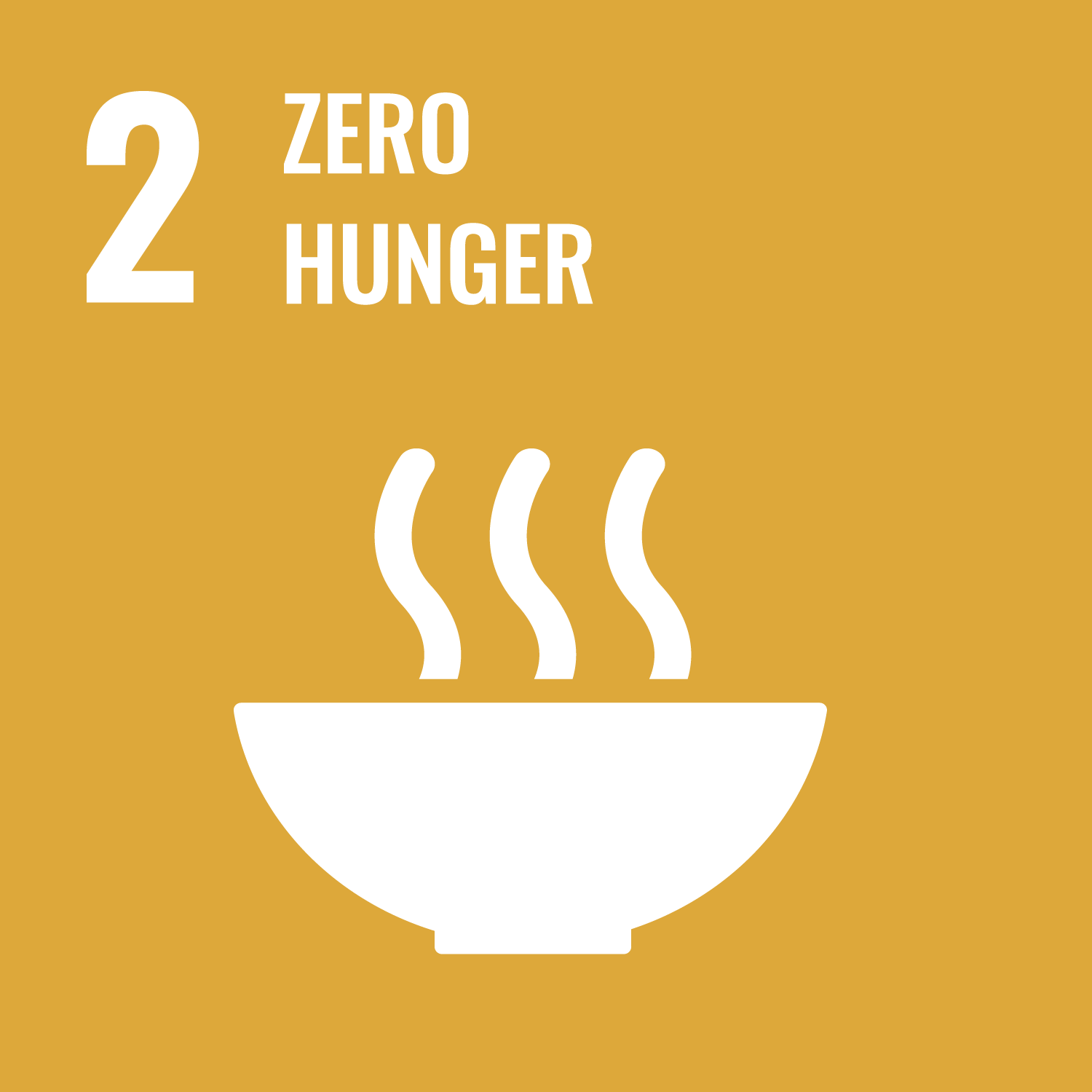
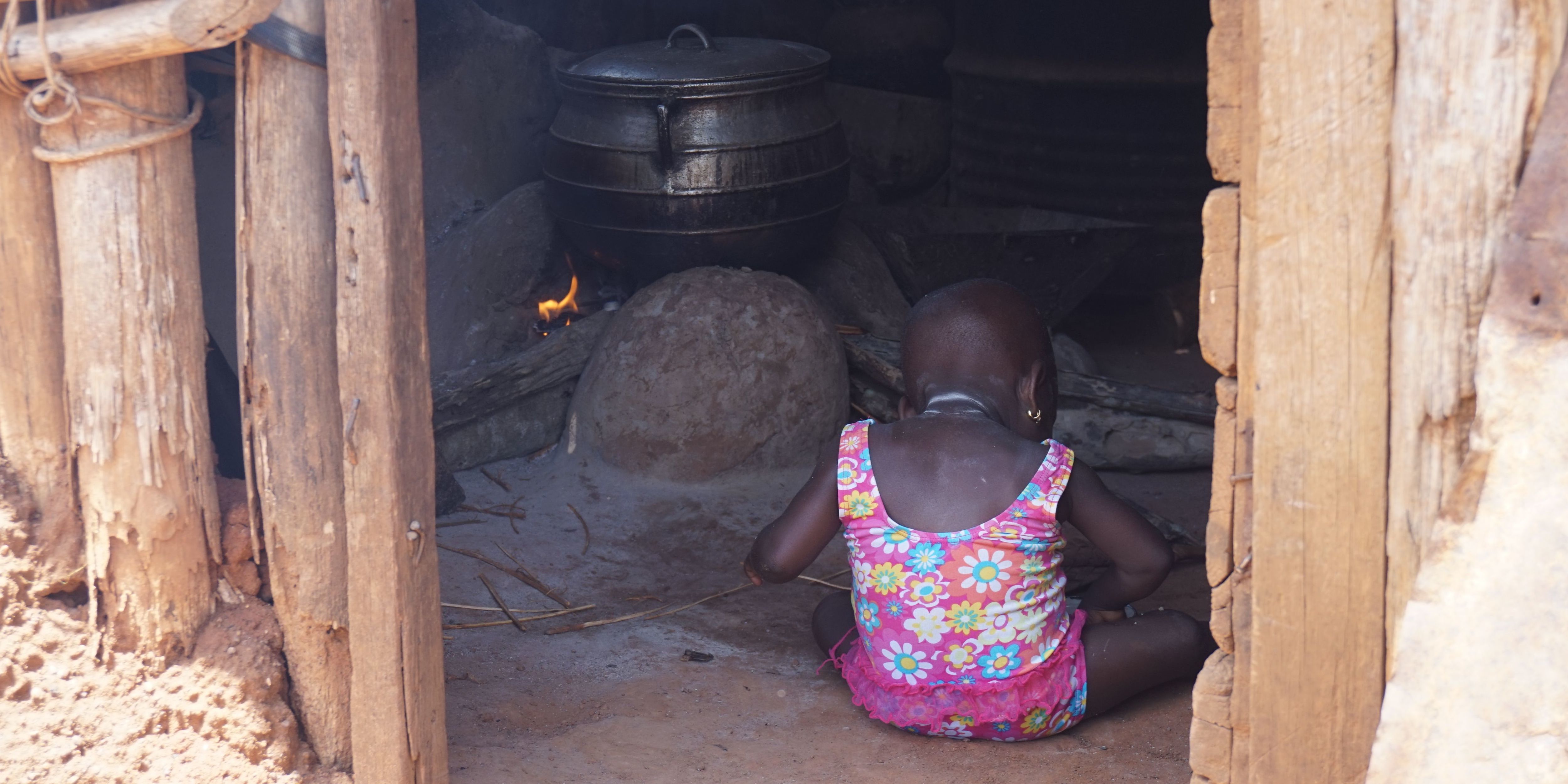
ITTO projects:
- Encourage the adoption of agroforestry systems in the margins of natural and planted forests to produce foods and fibre for sale and direct consumption.
- Assist local communities to sustainably manage their natural forests, which are important sources of additional nutrition for families.
- Help empower women to build capacity and develop forest-based enterprises, thereby boosting health and nutrition outcomes for families.
Related ITTO contributions for the selected Sustainable Development Goal(s)
(9 results found)
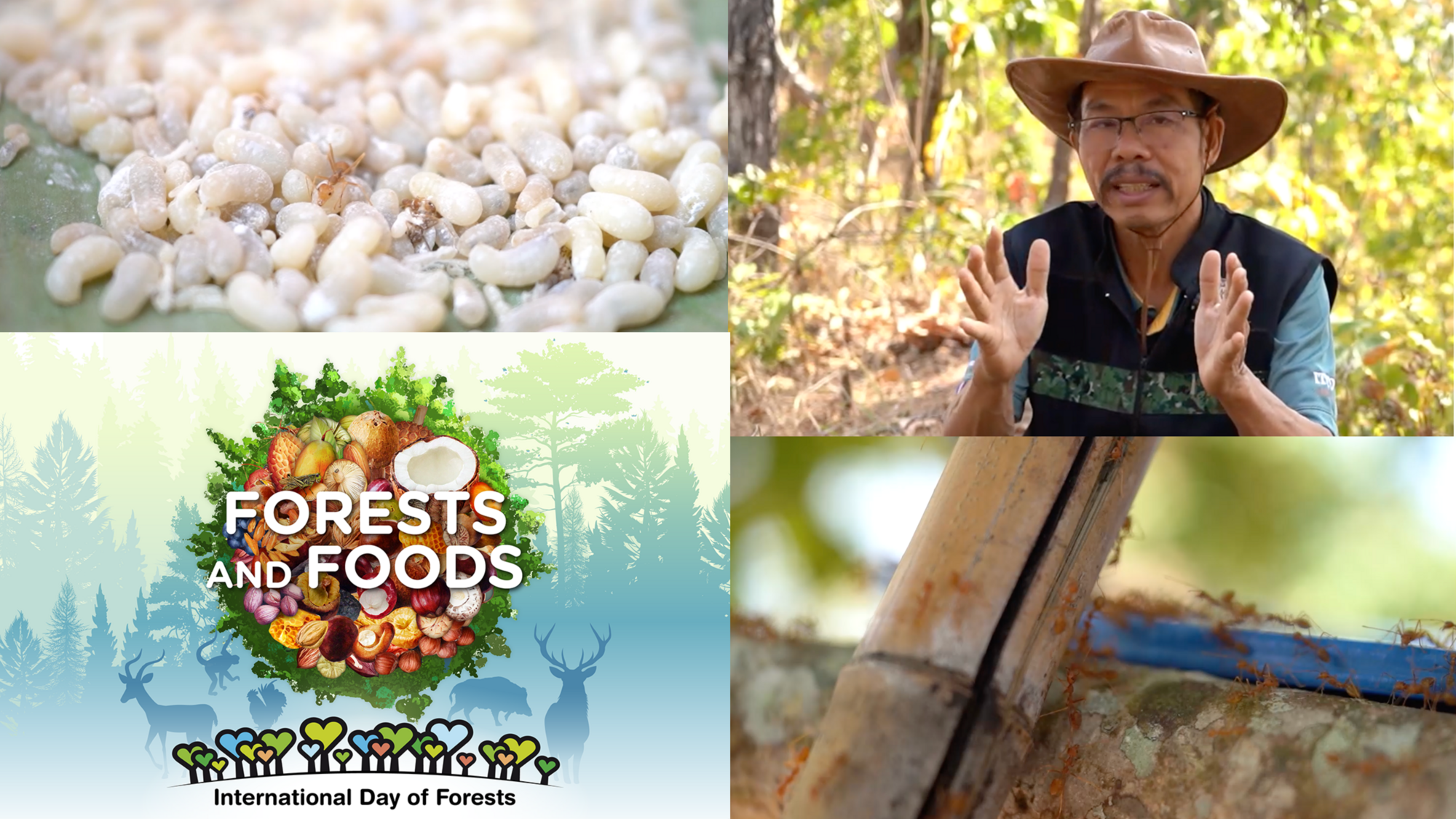
Ant eggs for dinner: celebrating trees and food security on the International Day of Forests
Zero hunger Life on land“If something like COVID-19 happens again, we could survive in the forest for a while,” Boonyoung says. “If I had to live in Bangkok or another big city, it would be difficult to make a living without More
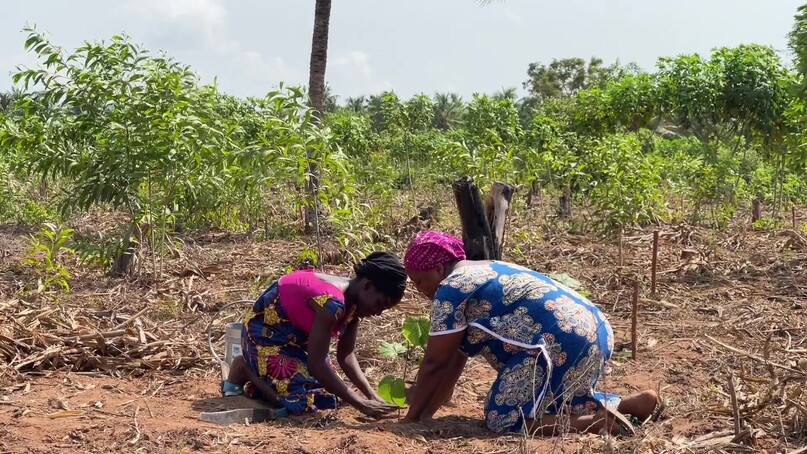
Soka Gakkai makes video on ITTO initiative to restore landscapes in Togo by empowering women
Zero hunger Gender equality Climate action Life on land Partnerships for the goals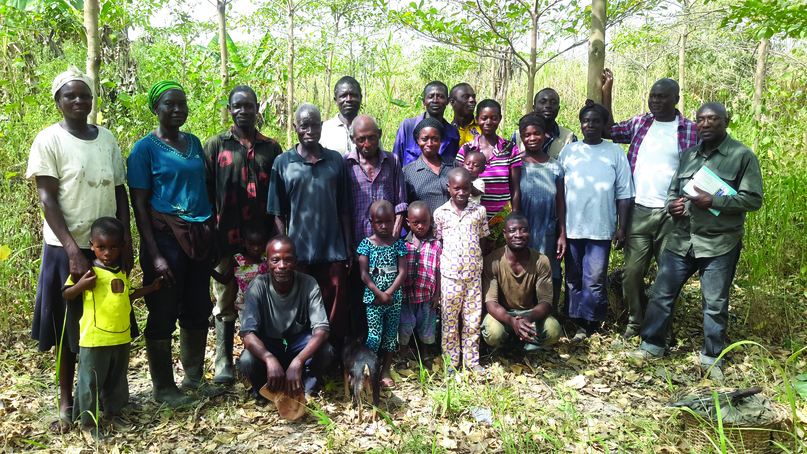
New policy brief launched on evaluation of ITTO projects in Africa
No poverty Zero hunger Quality education Gender equality Clean water and sanitation Decent work and economic growth Responsible production and consumption Climate action Life on land Partnerships for the goals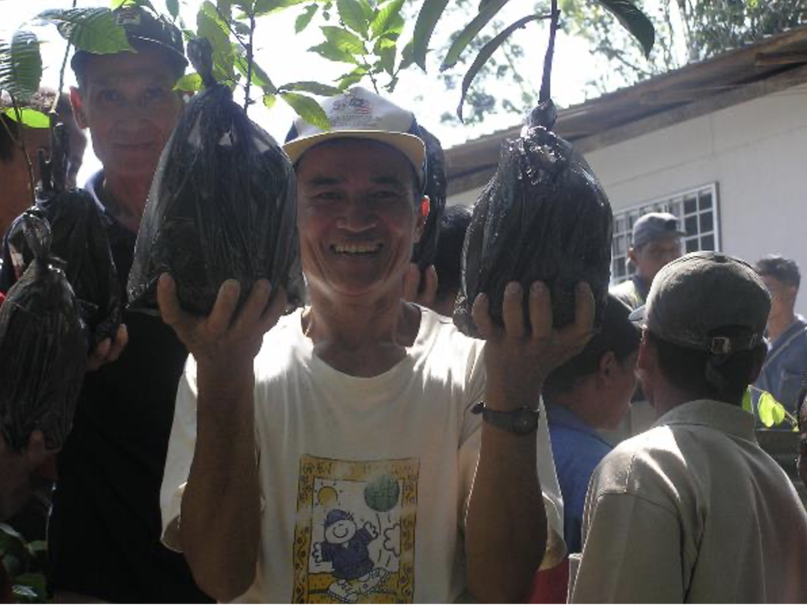
Sustainable forestry can provide vital nature-based solutions to crises
No poverty Zero hunger Industry, innovation and infrastructure Responsible production and consumption Life on land Partnerships for the goals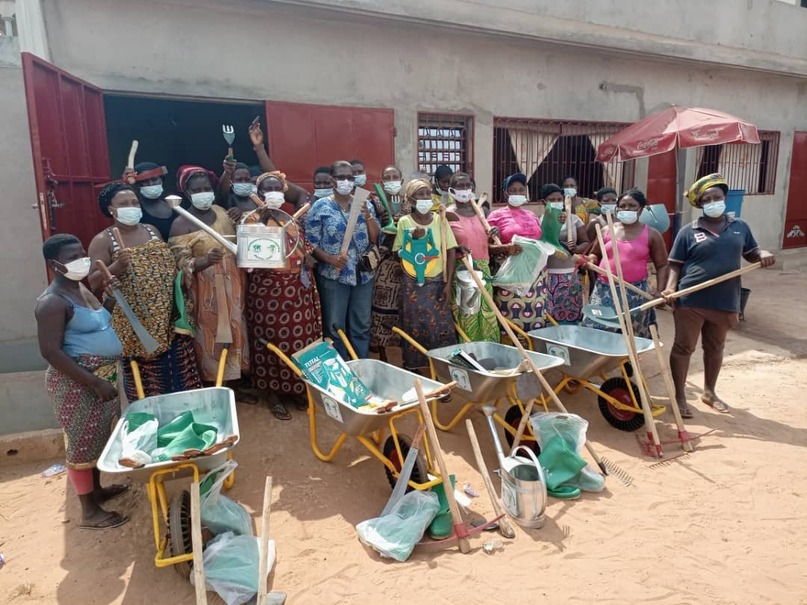
Togolese women are becoming restoration leaders, with ITTO and Soka Gakkai support
No poverty Zero hunger Gender equality Decent work and economic growth Climate action Life on land Partnerships for the goals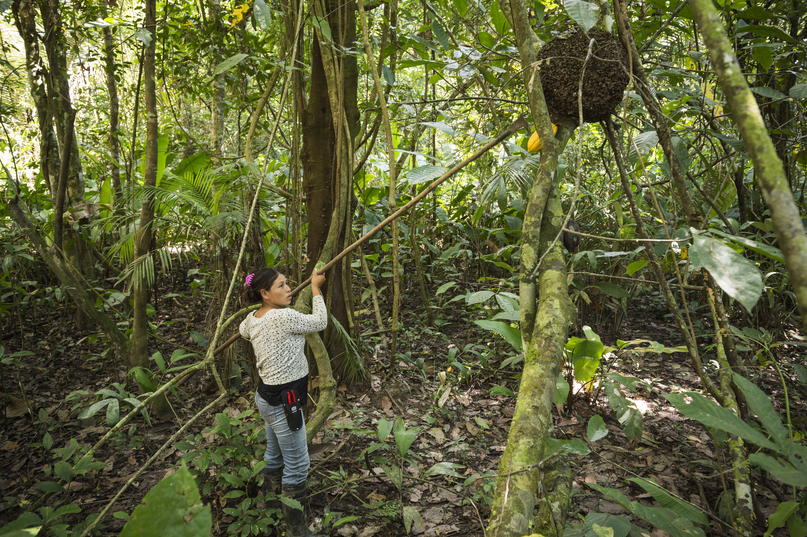
Non-timber forest products can increase viability of sustainable forestry, says new study
Zero hunger Responsible production and consumption Life on land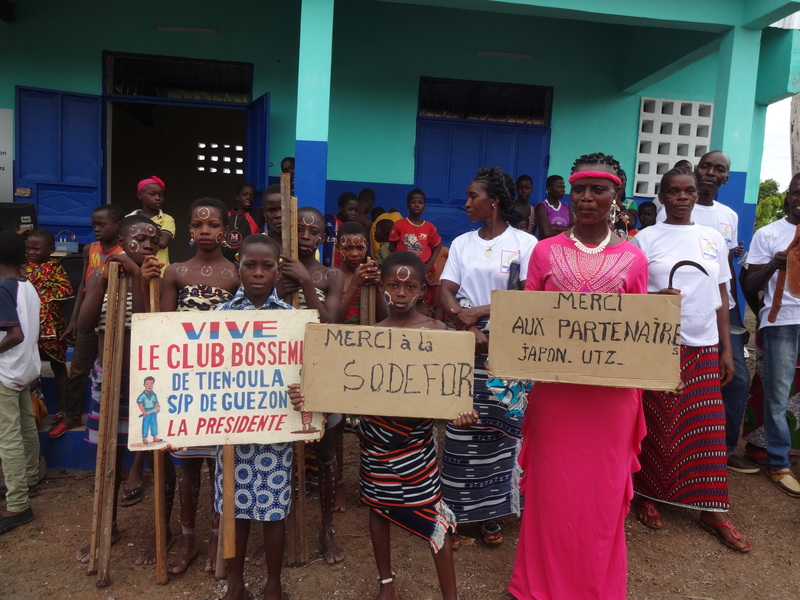
Recovering from civil war and restoring forests in Côte d’Ivoire
No poverty Zero hunger Reduced inequalities Life on land Peace, justice and strong institutions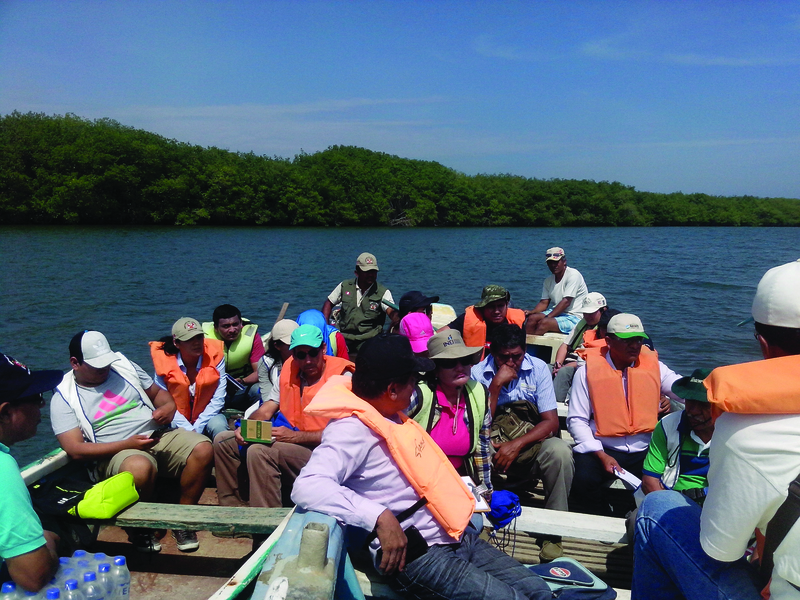
Peru’s northern mangrove corridor
No poverty Zero hunger Clean water and sanitation Life below water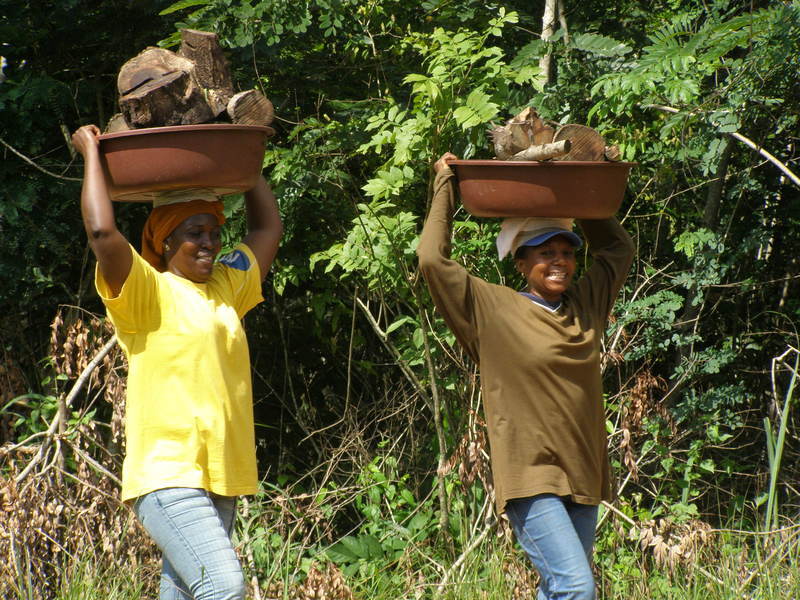
Forest restoration, sustainable charcoal and empowered women in Côte d’Ivoire
No poverty Zero hunger Gender equality Affordable and clean energy Decent work and economic growth Reduced inequalities Responsible consumption and production Climate action Life on land